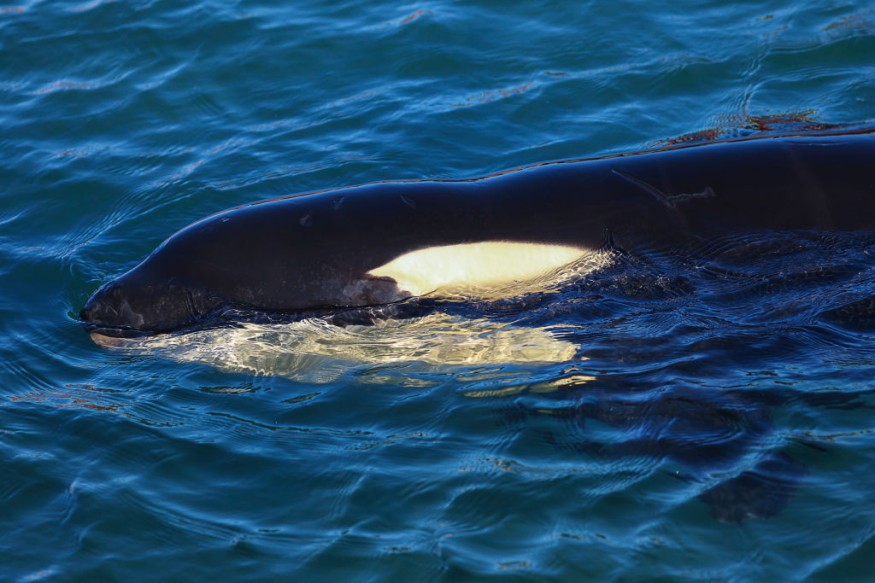
Experts are not really certain why orcas are ripping the control surfaces off several boats in the European coast.
As per NPR, the strange occurrences have occurred around the shores of Portugal and Spain all the way up to France. Although none have been harmed or killed, the orcas wrecked multiple vessels and are suspected of sinking a yacht last July 31.
Orcas Behavior Towards Sailboats
The latest dramatic incident occurred a few weeks ago off the coastline of France, when a swarm of orcas commenced pounding a 37-foot yacht owned by Ester Kristine Storkson, 27, and her father, as per Live Science.
The duo was on their way to Madeira, an enclave west of Morocco, as section of a global naval expedition when they were encircled by many marine mammals. The cetaceans dove down within approximately 15 minutes, abandoning nearly a quarter of the sailboat's stern. Storkson with her father made it to the French shore in time for modifications.
Researchers are really not convinced why orcas are chasing control surfaces, but the episode in France was more north than earlier interactions in Spain and Portugal.
This shows that the conduct has been taken up more by than one fleet of orcas, according to Renaud de Stephanis, chairman and head of CIRCE Conservación Information and Study, a cetacean scientific organization located in Spain.
Orcas are sociable creatures that occasionally grab habits from each other that closely mirror humankind trends. Orcas in the Puget Sound, for instance, started donning dead salmon as caps in 1987.
In accordance with 2004 research published in the journal Biological Conservation as mentioned in Flipboard update, a female orca initiated the habit, which expanded like a global TikTok dare across two more clusters. The orcas ceased placing fish on their heads upon approximately six weeks; a handful attempted to reintroduce the practice the following season, however the vogue was over.
Dolphins, who are sociable cetaceans resembling orcas, develop trends as well. According to 2018 research published in the journal Biology Letters, feral dolphins in southern Australia might well have picked up the hip current fad of tail walking as a result of a dolphin that was briefly confined in a treatment facility as a baby.
Destruction of Several Boats in Europe
The dolphin was not taught when being tended for by humankind, although he did get to see caged dolphins tail walk, which is a technique in which the dolphin rises the majority of its body beyond the water vertically as it glides backward utilizing its tail fin.
Dolphins in the region began tail walking voluntarily a couple of years following the dolphin was identified and directly discharged into the Bay Stream Channel. The pattern lasted throughout a decade, peaked approximately the moment the Avant Garde dolphin expired, and then faded away by 2014.
Conversely, orcas in the Mediterranean have lately begun interacting with crab traps, according to Jared Towers, the head of Bay Cetology, a British Columbia-based scientific group. Even this, experts are unsure what draws European orcas to control surfaces, the Dailymail reported.
According to de Stephanis, they may like the sensation of water being propelled by a watercraft turbine.
"They become sort of irritated and that's why they damage the handle," de Stephanis explained when a yacht's propeller isn't working.
According to NPR, at least one boat-orca interaction transpired while the propeller was operating. Researchers have believed that orcas may be captivated by rotating watercraft pieces.
Juvenile men are frequently interested and lively, and de Stephanis feels the watercraft assaults were carried out by some cheeky youngsters. If that's the scenario, the orcas, like living person teenagers, will presumably overcome their terrible conduct.
Related article : Former Farm Vet Kayaks Off The Coast of Cornwall and Captured 'Thrilling' Footage of 30ft Whale
© 2026 NatureWorldNews.com All rights reserved. Do not reproduce without permission.





